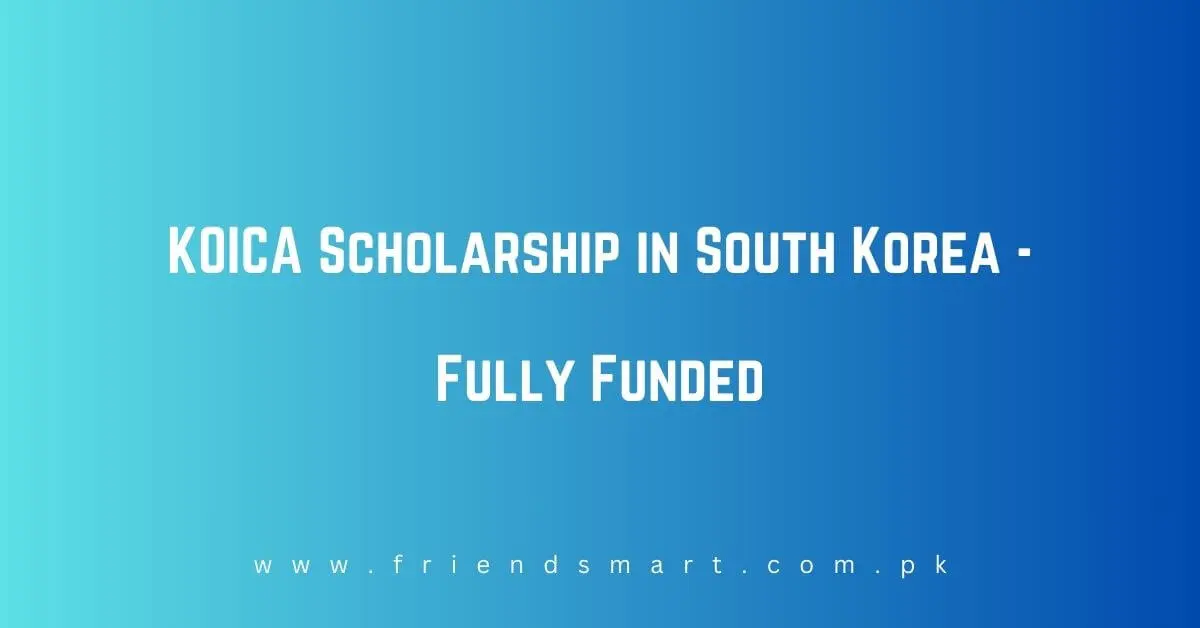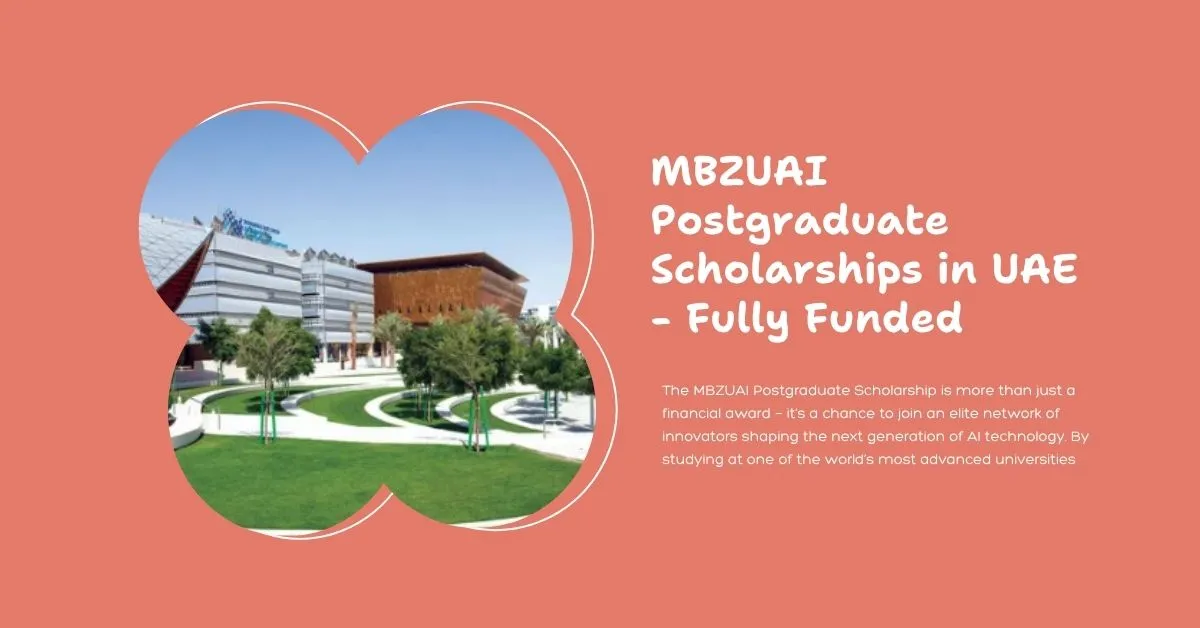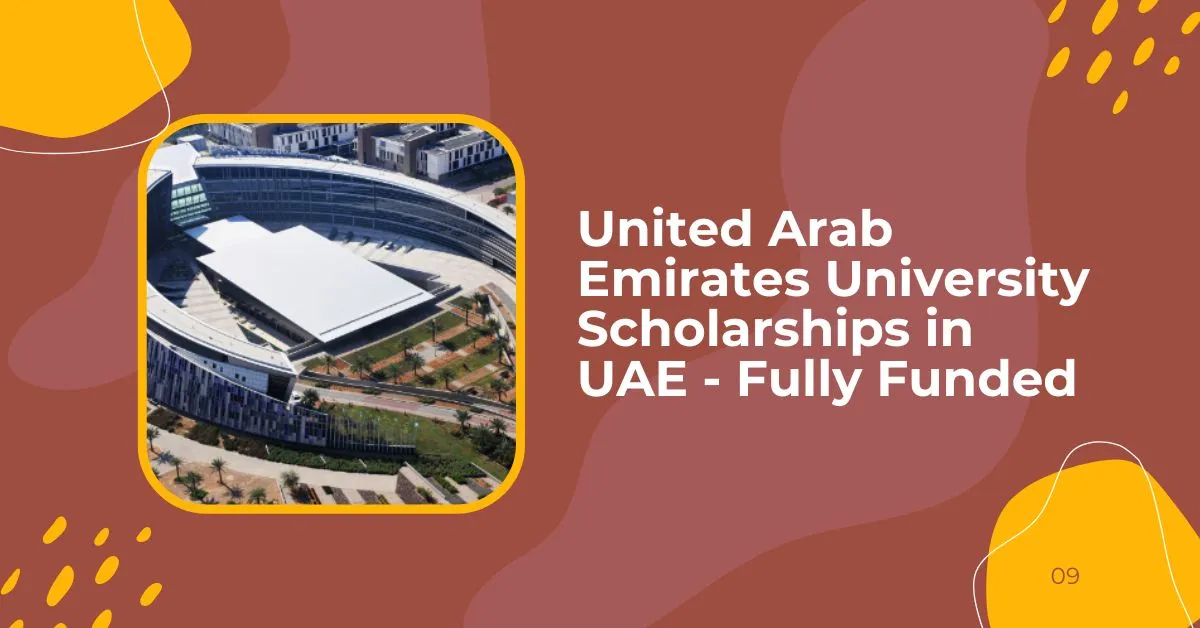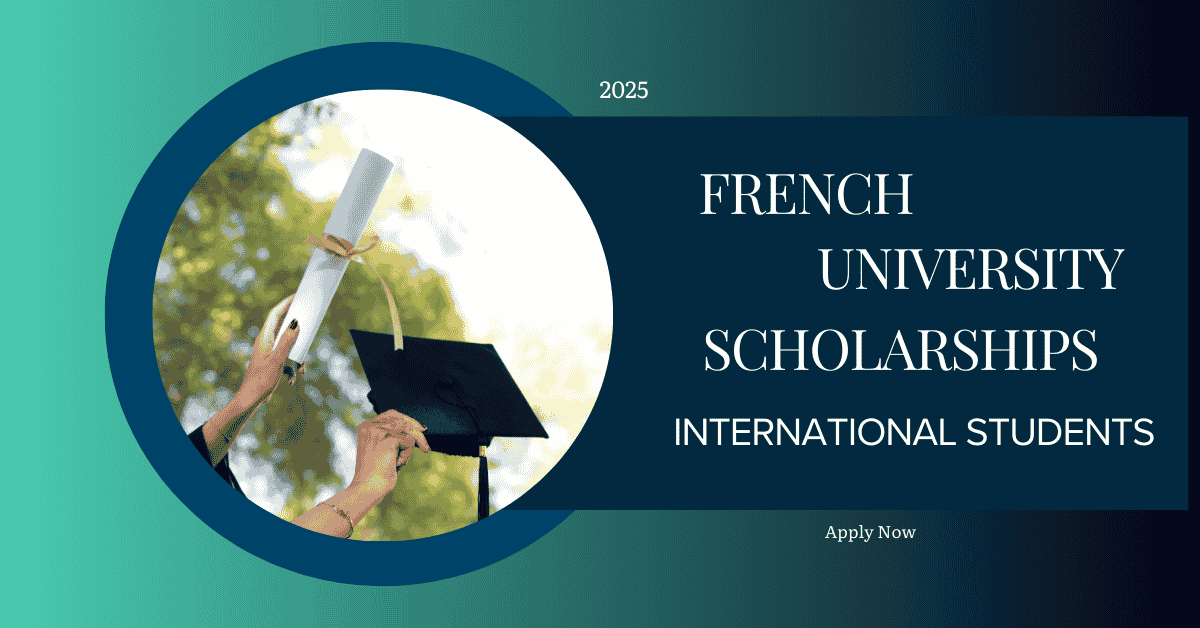The KOICA Grant 2024 is a master’s or PhD grant in South Korea that pays for the whole program. The grant is open to students from developing countries around the world. The Korean International Cooperation Agency (KOICA) is in charge of this grant program. In 2024, KOICA will have 20 master’s programs and 5 doctoral programs. All the costs of the whole degree program will be covered by it.
The master’s program lasts for 17 months, and the doctoral program lasts for 36 months. The scholarship includes a tuition fee, a monthly stipend, airfare, housing, a settlement income, insurance, extracurricular activities, a grant to help with finishing school, and a lot more. This is great, and you should try it. These are the more specific ones.
About KOICA Scholarship in South Korea
- Host Country: Korea
- Degree Level: Masters, PhD
- Benefits: Fully Funded
KOICA Scholarship Benefits
- Airfare
- Settlement Allowance
- (Master) KRW 600,000/ONCE
- (Doctoral) KRW 1,200,000/ONCE
- Monthly Allowance KRW 999,000/Per month
- Full Tuition covered.
- Extracurricular Activities
- Study visits, workshops, Korean language classes, etc
- Accommodation
- Scholarship Completion Grants
- (Master) KRW 300,000/ONCE
- (Doctoral) KRW 600,000/ONCE
- National Health Insurance
- Private Medical Insurance
Who can Apply?
- Citizen of an eligible country.
- Holds a bachelor’s degree.
- Under the age of 40
- Must be in good health
Eligible Countries for the KOICA Scholarship
Africa: Ghana, Nigeria, Rwanda, Morocco, Mozambique, Senegal, Algeria, Egypt, Uganda,
Cameroon, Republic of Cote d’Ivoire, Kenya, Tanzania, Tunisia, DR Congo,
Gabon, Gambia, Niger, Lesotho, Libya, Madagascar, Malawi, Mauritius, Burkina
Faso, Benin, Burundi, Sierra Leone, Angola, Zambia, Central African Republic,
Zimbabwe, Togo, South Sudan, Liberia, Mali, Mauritania, Sao Tome and Principe,
Comoros
Central & South America: Guatemala, Dominican Republic, Bolivia, Ecuador, El Salvador, Colombia, Paraguay, Peru, Suriname, Honduras, Jamaica, Costa Rica, Guyana, Grenada, Dominica, Belize, Saint Lucia, Saint Vincent and the Grenadines.
Asia: Nepal, Timor-Leste, Laos, Mongolia, Bangladesh, Vietnam, Sri Lanka, India
Indonesia, Cambodia, Thailand, Pakistan, Philippines
Pacific: Fiji, Nauru, Niue, Marshall Islands, Vanuatu, Samoa, Solomon Islands, Kiribati,
Tonga, Tuvalu, Papua New Guinea
Middle East & CIS & Eastern Europe: Jordan, Iraq, Azerbaijan, Uzbekistan, Kyrgyzstan, Tajikistan, Ukraine, Georgia, Kazakhstan, Turkmenistan.
Participating Universities
- Yonsei University
- Korea Advanced Institute of Science and Technology (KAIST)
- Kangwon National University (KNU)
- Soongsil University (SSU)
- Korean Development Institute School of Public Policy and Management (KDI School)
- University of Seoul (UoS)
- Kyungpook National University (KNU)
- Seoul National University (SNU)
- Hanyang University (HU)
- Handong Global University (HGU)
- Yeungnam University (YNU)
How to Apply for the KOICA Scholarship?
Conclusion:
If you want to get a master’s or PhD in South Korea, the KOICA Scholarship will pay for everything. It covers fees, housing, meals, and even your flight. People from poor countries who are qualified can apply for this chance, and well-known universities like Yonsei University and KAIST are among the ones who are taking part. The scholarship gives foreign students a lot of help, which promotes cultural exchange and academic growth. Follow the steps to make sure you don’t miss your chance to study further in South Korea.
People Also Ask
-
What does the KOICA Scholarship in South Korea cover?
The KOICA Scholarship covers airfare, settlement allowance, monthly stipend, full tuition, extracurricular activities, accommodation, scholarship completion grants, national health insurance, and private medical insurance.
-
Who can apply for the KOICA Scholarship?
Citizens of eligible countries in Africa, Central and South America, Asia, the Pacific, the Middle East, the CIS, and Eastern Europe can apply. Applicants must hold a bachelor’s degree, be under the age of 40, and be in good health.







